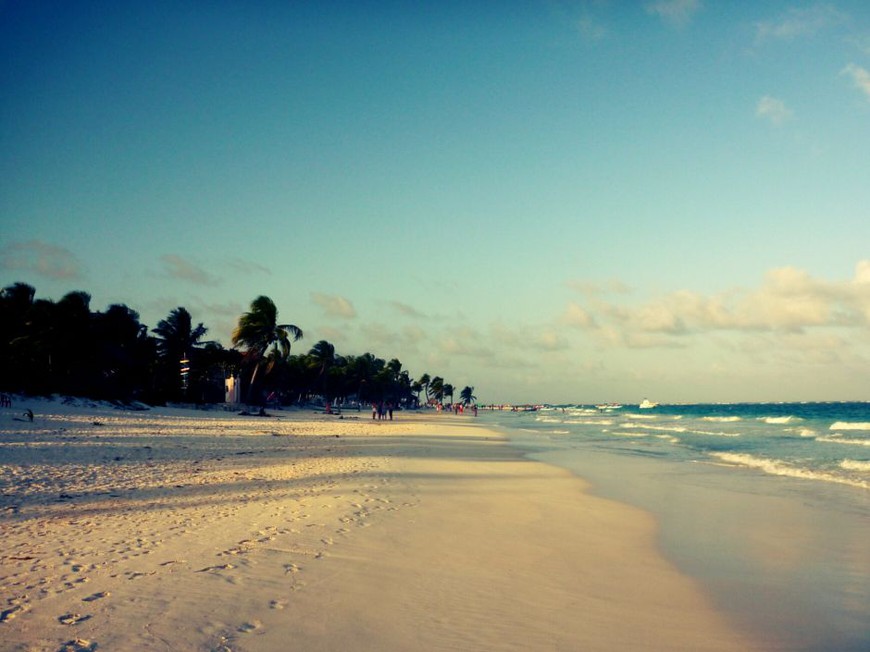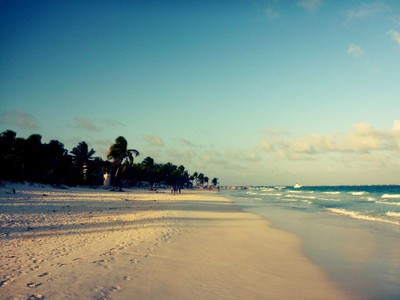

- “This email is to inform you that we have taken a decision to discontinue your membership with us,” reads one email, sent to a player based in Canada.
- Citizens continue to play from both counties without issue.
- 888 has not commented on its new policy.
888poker closed the accounts of multiple US players who relocated outside the country to play, according to reports from players last week.
According to public posts, players of US citizenship, who report to have moved to Mexico and Canada, were informed via email that their accounts were closed, with instructions on how to receive their balances.
No reason for the closures has been given, and 888 did not respond to pokerfuse inquiries from late last week.
“This email is to inform you that we have taken a decision to discontinue your membership with us,” reads one email sent to a player based in Canada.
“We ask that you refrain from opening new accounts owned or operated by us, as these too will be closed and no monies refunded.”
The only formal statement issued is from an official 888 representative on the Two Plus Two poker forums, but it did little to clarify the issue.
“We continuously monitor all 888poker accounts and activities and take steps accordingly,” reads the post. “In the event you have received an email that you feel is an error, then please contact the support team and you will be answered in due course.”
It is not clear how widespread the issue is among US “expats.”
888 has not exited the Mexican nor Canadian markets, pokerfuse understands. Citizens continue to play from both counties without issue, although at least one report suggests some citizens have been affected.
Certain regions may have been targeted, including the Mexican cities of Playa Del Carmen and Cancun, according to a report late last week.
Relocation service Poker Refugees recommends these areas to players, among others. It offered a special two-week vacation for US players to play in Playa Del Carmen during PokerStars’ SCOOP, which concluded this weekend.
888 conducts business in two regulated states in US—Delaware and New Jersey.

